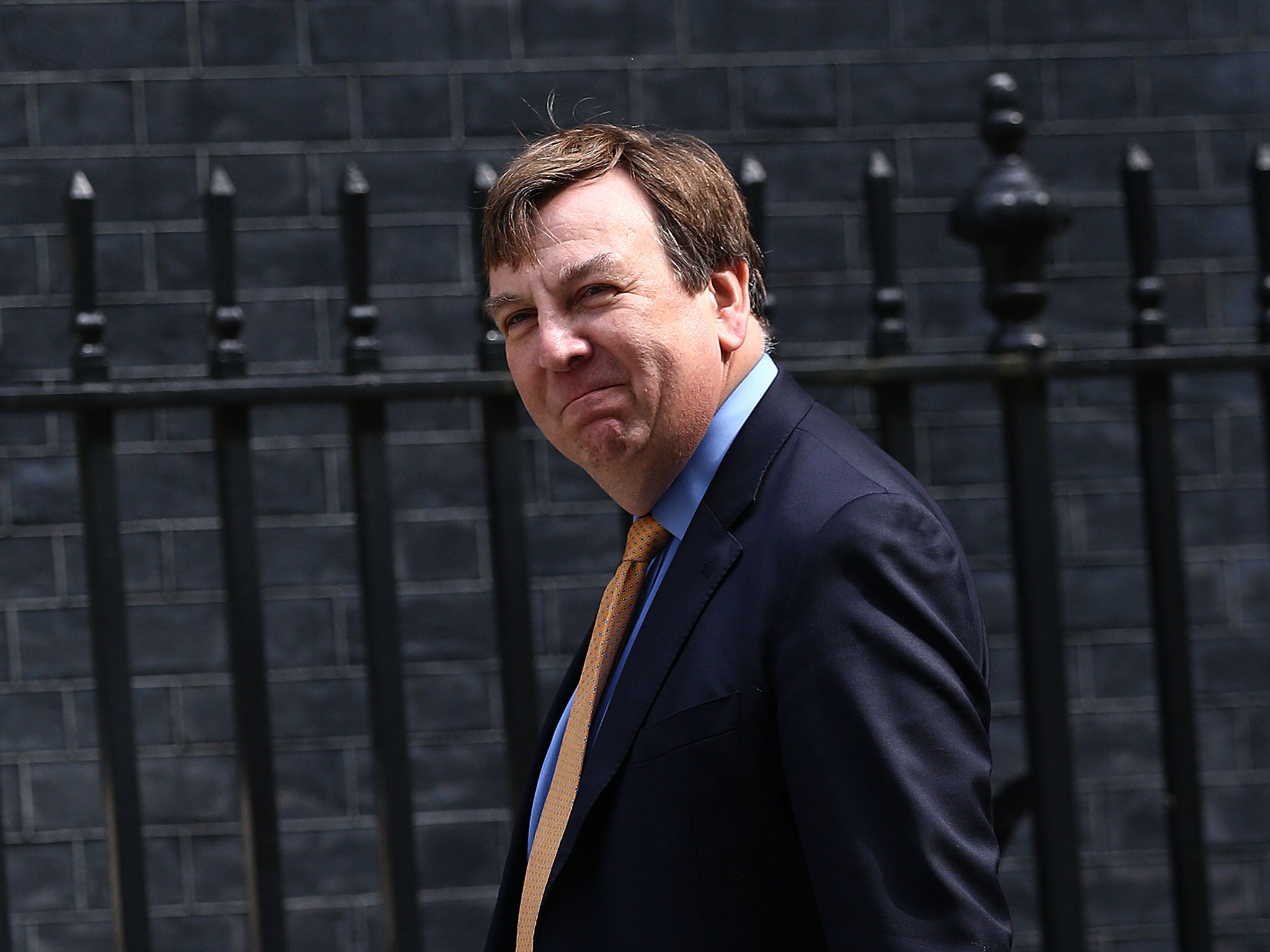The public won't forgive John Whittingdale if he guts the BBC
Reducing the Beeb's output to high-minded documentaries would be a disaster

It seems that in a fit of personal pique the Tories are training their vengeful eyes on the BBC. Out of some wildly fanciful belief that the Corporation is intrinsically biased towards Labour – a concept that has most Labour supporters spluttering in incomprehension – they are apparently intent on "sorting the BBC out".
One Downing Street toady even went so far as to say that the appointment of John Whittingdale as Culture Secretary was intended as a "declaration of war on the BBC". Tory MPs like Philip Davies, who wants the complete abolition of the BBC licence fee, are wandering around Parliament looking cock-a-hoop and telling everyone that the Corporation’s days are numbered.
Since those first over-excited moments after Whittingdale’s appointment there has been something of an attempt to dampen down speculation. More moderate Tories point to the fact that Whittingdale signed up to a select committee report last year that reaffirmed support for the licence fee for the full ten year period of the next Charter. They suggest that he is no cultural vandal and they point to his support for the creative industries during his time as Chair of the Commons Select Committee.
But I think we should all be worried. Not because the BBC doesn’t need reform. It does. It needs to slim down its management structure. It needs to be far more open and transparent. It must address its shocking lack of on and off-screen diversity. The Savile saga still casts a pall over the culture of the institution. And there are proper debates to be had about top-slicing the licence fee for local TV and broadband rollout and the continuation of the BBC Trust.
But there are two concepts of public service broadcasting out there – based on pure market failure or on a principle of something for everyone – and as one might expect of Mrs Thatcher’s former political secretary, Whittingdale has always subscribed to a hard-line free market one.
At the heart of his market failure thinking is the belief that the BBC should only do what commercial broadcasters could never do. That means no popular entertainment programmes, no soap operas, no movie premieres, no big-ticket sports coverage, and no radio or television stations that step on commercial toes. In this world view the licence fee is only there as a subsidy to protect against market failure. Strictly Come Dancing, the Voice, Match of the Day; these are all anathema. Much of BBC1’s output is under suspicion, along with the whole of Radio 1 and 2 – and even Radio 3, which might be thought to compete with Classic FM. The BBC should never compete for audience share with a commercial operator, is the view shared by Nigel Farage, Philip Davies and as often as not, by Whittingdale, who thinks it is "debatable" that the BBC should produce Strictly.
The obvious problem with this model is that if you take it to its logical conclusion the BBC would by definition be left with only making deliberately unpopular programming, and whilst the relentless pursuit of ratings does the BBC few favours, the idea that the BBC should be reduced to news and current affairs, Radio 4, high-minded documentaries and endless productions of obscure operas is a recipe for dismantling the BBC and denuding our national cultural life.
After all, the whole rationale of the BBC is that everyone pays into it and everyone gets something out of it. For the vast majority of people in my constituency and in Whittingdale’s alike, Radio 2, Eastenders, Holby City, Doctor Who, Poldark and Strictly are the very reason they pay the licence fee. They want high quality, well-made popular British entertainment in every genre.
Whittingdale has argued that it is getting more and more difficult to defend the licence fee. He points to the advent of digital convergence between broadcasting and telecoms. He suggests satellite, pay as you view and subscription TV are taking over from the conventional free to air channels. Yet for all the phenomenal technological change over the last decade, the traditional free to air public service channels have held remarkably firm, still accounting for 58 per cent of all viewing in homes with Sky.
My suspicion is that Tories just don’t get the BBC. They choose to ignore that it is one of our most-respected cultural institutions precisely because it seeks to provide something for everyone. They dislike the element of state subsidy of the arts. And most bizarrely they seem ignorant of the fact that every British broadcaster wants the licence fee to continue, because they know that the £3.5bn a year is a vital investment in British production and in our national cultural life.
Whittingdale might get plaudits from Tory MPs for an ideological top-down reorganisation of the BBC and starving the Corporation of the resources it needs, but the public wouldn’t forgive him for undermining or dismantling the Beeb. The BBC is the most successful public service broadcaster in the world. Don’t mess it up, Mr Whittingdale.
Join our commenting forum
Join thought-provoking conversations, follow other Independent readers and see their replies
Comments
Bookmark popover
Removed from bookmarks